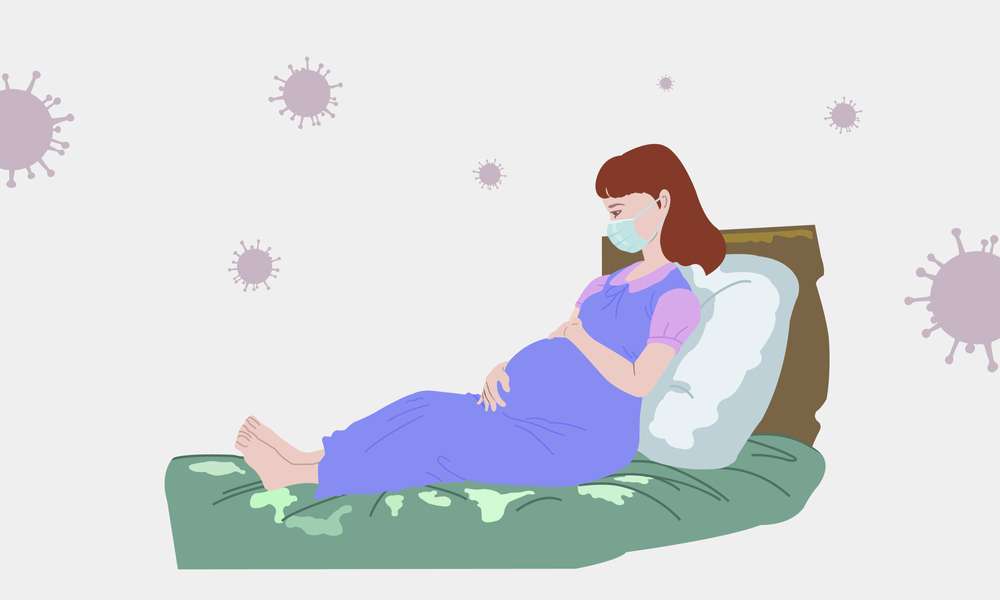Rsv Vaccine
Introduction:
Respiratory syncytial virus (RSV) is a common viral infection that affects people of all ages, especially infants and young children. It can cause severe respiratory illness, which can lead to hospitalization and even death in vulnerable populations. Recognizing the urgent need to combat this ubiquitous virus, scientists have developed an RSV vaccine, a promising preventive measure to reduce the burden of RSV infections. In this article, we delve into the intricacies of the RSV vaccine and explore its ingredients, effectiveness, and potential benefits.
What is RSV?
RSV, short for Respiratory Syncytial Virus, is a highly contagious virus that primarily affects the respiratory tract. It often leads to respiratory infections such as bronchiolitis and pneumonia and poses a serious threat to infants, the elderly and people with weakened immune systems.
Send RSV:
RSV is usually transmitted through contact with respiratory droplets from an infected person. The virus can survive on surfaces for several hours, allowing indirect transmission through contaminated objects. Crowded places such as schools and kindergartens contribute to the rapid spread of the RSV virus.
Need for RSV vaccine:
Effects on Newborns:Newborns are particularly vulnerable to severe RSV infections due to their immature immune systems.RSV can cause serious complications in children, including difficulty breathing, wheezing, and life-threatening respiratory failure. The development of an effective Certainly, Vaccine against RSV is critical to protect this vulnerable population.
Burdens on the health system:
RSV-infections place a significant burden on the healthcare system, leading to increased hospitalizations and healthcare costs. Preventing RSV infection through vaccination can significantly reduce the burden on hospitals and healthcare workers, allowing better allocation of resources to other critical care areas.
Components of the RSV Vaccine:
To develop an RSV vaccine, scientists utilize advanced technology and a deep understanding of the virus. The RSV vaccine typically contains specific components that stimulate the immune system to recognize and defend against the virus. These components include:
RSV Vaccine surface proteins:
RSV surface proteins, namely F (fusion) and G (attachment) proteins, play key roles in entry and replication of the virus in the human respiratory tract. The RSV vaccine targets these proteins and stimulates the immune system to mount a protective response against the RSV virus.
Adjuvants:
Adjuvants are substances that are added to vaccines to increase their effectiveness.Some RSV vaccines contain adjuvants that stimulate a stronger immune response, resulting in better protection against RSV infections. These adjuvants are carefully selected to balance safety and effectiveness.
Effectiveness of the RSV vaccine:
- Protection against serious infections:Clinical trials have shown that the RSV vaccine can provide protection against serious RSV infections. By stimulating the production of specific antibodies and immune cells, the vaccine helps the body identify and neutralize the virus, reducing the risk of severe disease in vaccinated people.
- Reduce hospital stays:By preventing serious RSV infections, the RSV vaccine has the potential to reduce RSV-related hospitalizations. This reduction in hospitalizations not only relieves strain on healthcare facilities, but also results in better outcomes for high-risk individuals such as newborns and the elderly.
Potential Benefits of the RSV Vaccine:
- Protection in early childhood:Newborns who are at increased risk of severe RSV infections can benefit greatly from RSV vaccination. Vaccination allows children to develop immunity against the RSV virus at an early stage, thereby providing crucial protection at sensitive stages of development.Herd immunity occurs when a large percentage of people are immune to a particular virus. This indirectly protects people who cannot be vaccinated, such as newborns who are too young or people with certain illnesses.
Conclusion:
The development of a vaccine against RSV represents an important step in protecting vulnerable populations, particularly newborns, from serious respiratory infections caused by respiratory syncytial virus. By understanding the complexity of RSV, recognizing the need for a vaccine, and the components and effectiveness of the Understanding RSV vaccine brings us closer to a future in which RSV infections are well controlled and their impact on public health is significantly reduced. Efforts through the
Vaccines Initiative and ongoing research continue to pave the way to a world where RSV is no longer a serious threat and enables future generations to live healthier lives.



Pingback: Tdap Vaccine - Journey Of Mother